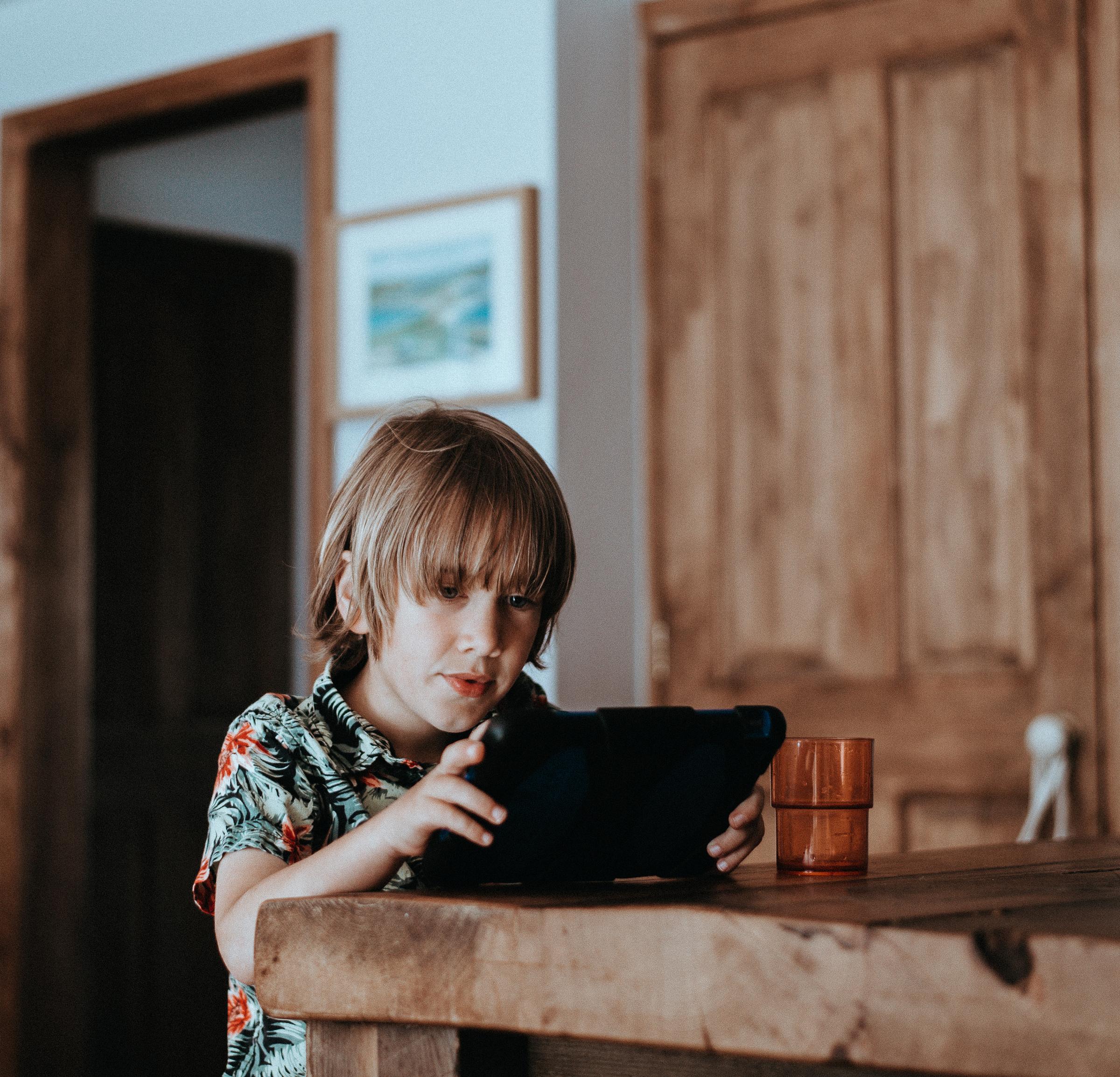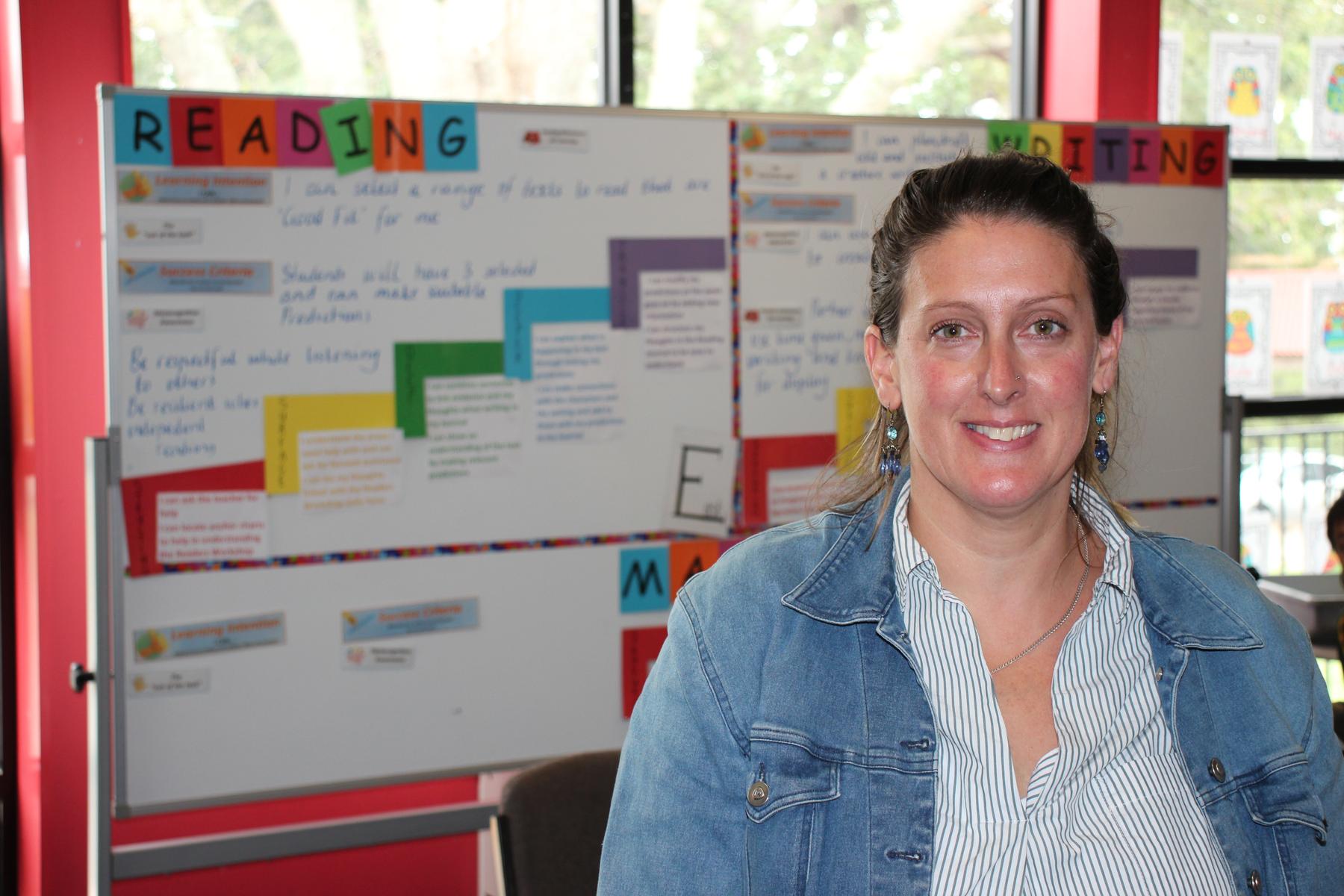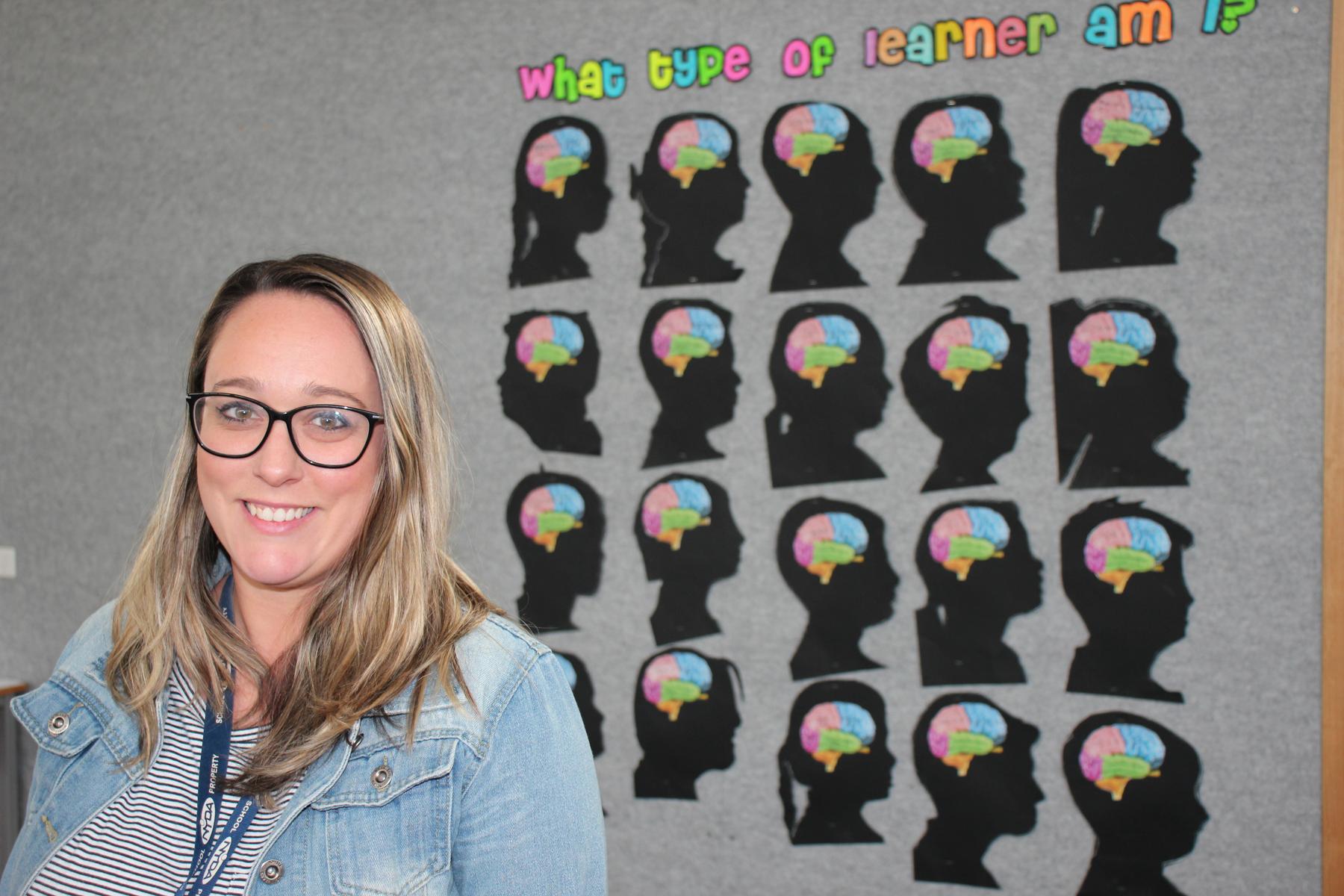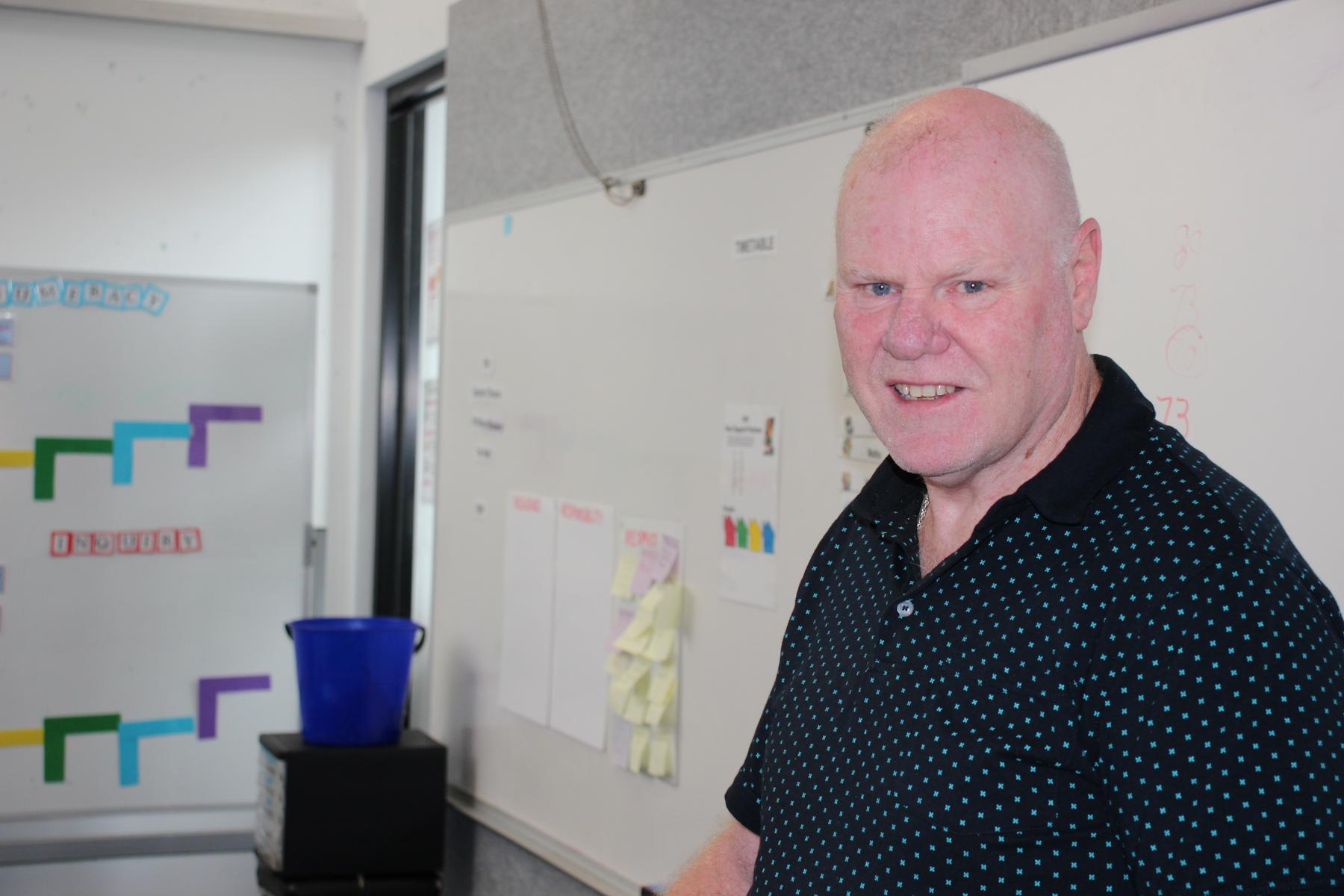Year Five/ Six

Communicating with the Year Five/Six Team
We look forward to partnering with you in 2020, and welcome your input:
Llewela Humphries (Class 56A) Llewela.Humphries@education.vic.gov.au
Gary Monopoli (Class 56B) Gary.Monopoli@education.vic.gov.au
Hayley Oliver (Class 56C) Hayley.Oliver@education.vic.gov.au
Jessica Cameron (Class 56C) Jessica.Cameron@education.vic.gov.au
An Overview of our Learning
Remote Learning for our Year Five-Six students has produced some absolutely amazing pieces of learning. We are so proud of what has been achieved so far, and cannot wait to see everyone return to school on Tuesday 9th June.
As mentioned in the articles by other year levels, as a school we are acutely aware that the 'staged return' to on-site schooling will bring challenges for families. In particular, it will bring challenges for our senior students as they are more aware of what is going on in the environment around them. With changes in the coming fortnight, they might see older and younger siblings return to school on-site, and they may even see parents/carers going back to the workplace more often.
The next fortnight will be a transitional phase for all of us, particularly in the area of managing our sleep. Many of us have become accustomed to learning from home in our trackies, hoodies, and even our pyjamas. We have had the luxury of pets cuddling up to us, music on in the background, and the ability to take a break to jump on the trampoline, or even stay up late to watch our favourite TV shows.
However, with on-site schooling hours soon to return, our sleep patterns will become more important than ever. So too, must we have an increased focus upon effectively monitoring screentime for our children; so that we may promote positive sleep patterns.
The website raisingchildren.net.au provides many handy tips for parents, that are easy to read and understand. The below is an extract from this site:
How screen use affects sleep
Your child needs enough good-quality sleep so he can play, learn and concentrate during the day.
Using screens can affect how quickly your child falls asleep and how long she sleeps. This happens for several reasons:
- Screen use in the hour before bed can stimulate your child.
- Blue light from televisions, computer screens, phones and tablets might suppress melatonin levels and delay sleepiness.
- Your child might be tempted to stay up late to chat to friends or play games, or he might be disturbed in the night by notifications, messages or calls.
Reducing the effects of screen time on sleep
Here are some ways you can reduce the negative effect of screen time on your child’s sleep:
- Avoid screen use in the hour before bedtime. This includes mobile phones, tablets, computer screens and TV.
- Limit and monitor violent content at any time of day, because this can affect sleep regardless of the time and length of use.
- Encourage your child to connect with friends during the day rather than late in the evening.
- Have a family rule that mobile phones and other devices are left in a family room overnight.
How much sleep do children need?
If you’re concerned about how much sleep your child is getting, it can help to know that children need less sleep as they get older, but teenagers still need more sleep than adults:
- Preschooler sleep needs: children aged 3-5 years need 11-13 hours of sleep a night.
- School-age sleep needs: at this age children need 10-11 hours sleep a night.
- Teenage sleep needs: teenagers need 8-10 hours of sleep a night.
As educators, we often see a direct link between poor sleep patterns and childhood anxiety. If you are concerned that your child may be displaying signs of anxiety in the leadup to returning to on-site schooling, then you should speak directly with your child's classroom teacher.
For further information, you can refer to: Anxiety in Teenagers



